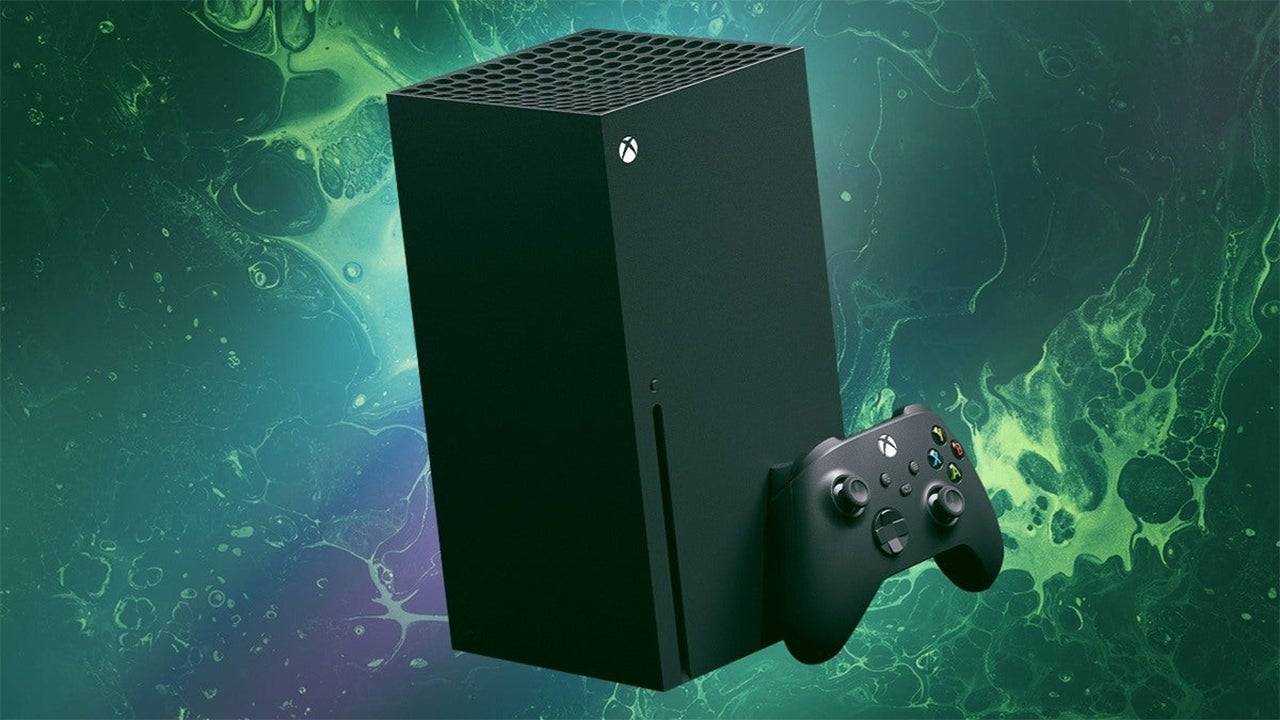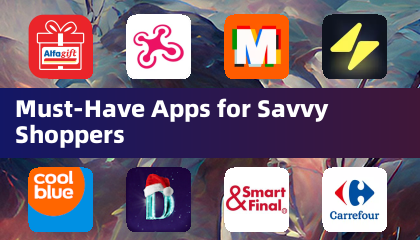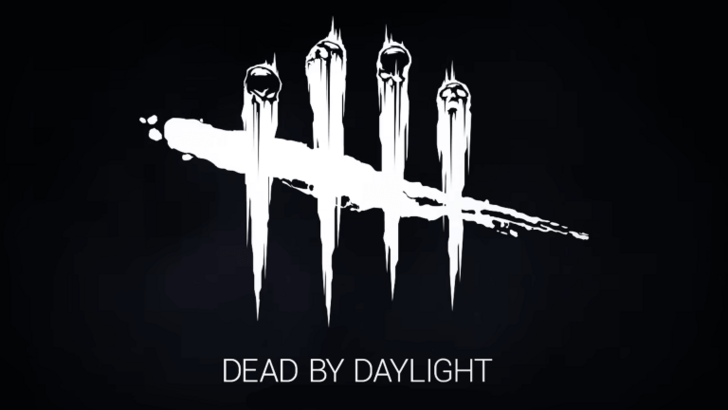The age-old question: PlayStation or Xbox? This debate has raged for years, sparking countless online discussions and heated arguments among friends. While PC and Nintendo loyalists exist, the rivalry between Sony and Microsoft has largely defined the gaming landscape for two decades. But has this "console war" truly concluded? The industry has undergone a seismic shift, with evolving gamer habits, preferences, and the rise of mobile gaming dramatically altering the playing field. The battlefield is unrecognizable, but has a victor emerged? The answer might surprise you.
The video game industry's meteoric rise is undeniable. In 2019, global revenue reached $285 billion, exploding to $475 billion in 2023—surpassing the combined revenue of the global movie and music industries. This growth shows no signs of slowing, with projections nearing $700 billion by 2029. This lucrative market has attracted Hollywood A-listers like Mads Mikkelsen, Keanu Reeves, and Willem Dafoe, reflecting a significant shift in the perception of video games. Even giants like Disney, with its $1.5 billion investment in Epic Games, are vying for a piece of the action. This rising tide, however, hasn't lifted all boats—Microsoft's Xbox seems to be taking on water.

The Xbox Series X and S, intended as upgrades to the Xbox One, haven't lived up to expectations. The Xbox One significantly outsells the Series X/S, and industry expert Mat Piscatella suggests this generation's sales peak has passed, painting a bleak picture for Xbox. 2024 sales figures from Statista reveal less than 2.5 million units sold for the Series X/S—a figure the PlayStation 5 achieved in *just the first quarter* of 2024. Reports of Xbox closing its physical game distribution department further fuel concerns, especially considering its evasive response to rumors of withdrawing from the EMEA console market. If this were a war, Xbox seems to be signaling a retreat.
But Xbox isn't retreating; it has already conceded. Internal Microsoft documents revealed during the Activision-Blizzard acquisition process indicate the company didn't believe it had a chance in the console war to begin with. So, what's a console-centric company to do when its latest model underperforms and its parent company acknowledges its failure? It pivots away from the console business.
Xbox Game Pass has become a central focus. Leaked documents reveal the substantial costs associated with bringing AAA titles like *Grand Theft Auto 5* and *Star Wars Jedi: Survivor* to the subscription service. This underscores Xbox's commitment to cloud gaming. Microsoft's "This Is An Xbox" advertising campaign reflects this rebranding—Xbox is no longer just a console, but an always-accessible service with complementary hardware.
This reimagining extends beyond traditional consoles. Rumors of an Xbox handheld, supported by leaked documents hinting at a next-gen hybrid cloud gaming platform, have circulated for over a year. Microsoft's shift isn't a secret; from its plans for a mobile game store to compete with Apple and Google to Phil Spencer's acknowledgment of mobile gaming's dominance, the strategy is clear: Xbox is the brand you play anytime, anywhere.

Why this pivot? While Xbox has struggled, the console market isn't the undisputed king. In 2024, over 1.93 billion of the estimated 3.3 billion gamers played on mobile devices. Mobile gaming has transcended casual audiences, becoming the dominant force, particularly among Gen Z and Gen Alpha. Mobile games comprised exactly half ($92.5 billion) of the $184.3 billion video game market in 2024, dwarfing console sales at $50.3 billion (27%). No wonder Microsoft wants your phone to be your Xbox.
This isn't new. By 2013, the Asian mobile gaming market vastly outpaced the West. *Puzzle & Dragons* and *Candy Crush Saga* out-earned *Grand Theft Auto 5* that year. Five of the highest-grossing games of the 2010s were mobile titles. While these might not be instantly recognizable, their impact is undeniable.
Mobile isn't the only competitor. PC gaming has also seen significant growth, with 59 million new players added annually since 2014, reaching 1.86 billion in 2024 (a surge of 200 million in 2020 due to the pandemic). Increased technological literacy among gamers, fueled by online communities, has driven this growth. However, despite this, the PC market's $41.5 billion valuation in 2024 still lags behind consoles, with a widening gap of $9 billion compared to 2016.

But the story isn't just about mobile and PC. Let's examine PlayStation's position. Sony's latest report boasts 65 million PS5 sales, a significant lead over Xbox's 29.7 million. For every Xbox sold, five PS5s are purchased. Sony's strong first-party titles, like *Astro Bot* and *Ghost of Tsushima*, contribute to its success. Ampere Analysis projects 106.9 million PS5 sales by 2029, compared to Microsoft's estimated 56-59 million Xbox Series X/S sales. To regain its edge, Xbox needs to drastically close the sales gap, increase year-on-year sales, and boost the profitability of its exclusives—projections don't favor this outcome. With Phil Spencer's open stance on cross-platform releases, PlayStation's dominance seems solidified.
However, the PS5 isn't without its challenges. Half of PlayStation users still play on PS4s, highlighting a lack of compelling PS5 exclusives. Of the top 20 best-selling games in the U.S. in 2024, only one is truly PS5 exclusive. The PS5 Pro's high price point and lack of significant upgrades have also received mixed reactions. The PS5, while successful, isn't a must-have yet, though this will likely change with the release of *Grand Theft Auto 6*.
AnswerSee ResultsSo, is the console war over? For Microsoft, it seems there was never a real belief in their chances against Sony. For Sony, the PS5 is a success but lacks the revolutionary leap forward many expected. The true victor might be those who opted out of the traditional console battle. The rise of mobile gaming, with companies like Tencent making significant acquisitions, is reshaping the industry. Mobile gaming is crucial to the profitability of major players—Take-Two Interactive notes that 10% of the world's population plays Zynga games monthly. The future of gaming will be less about hardware power and more about cloud infrastructure. The console war is over, but the mobile gaming war—and its numerous smaller conflicts—has just begun.








![Taffy Tales [v1.07.3a]](https://imgs.xfsxw.com/uploads/32/1719554710667e529623764.jpg)











